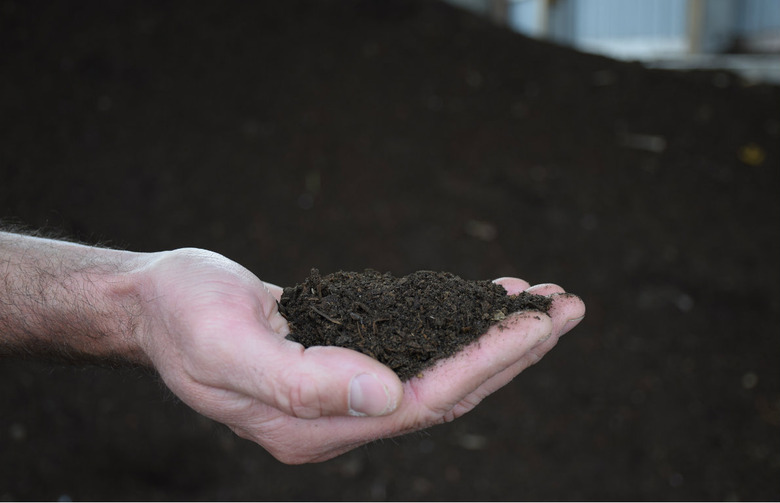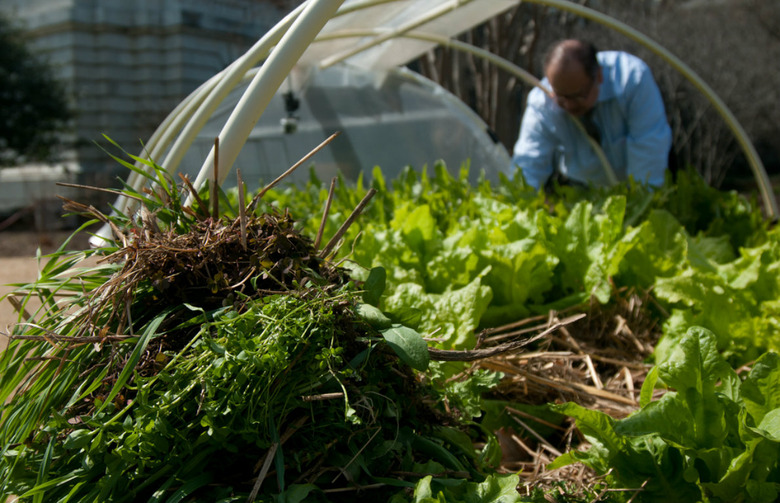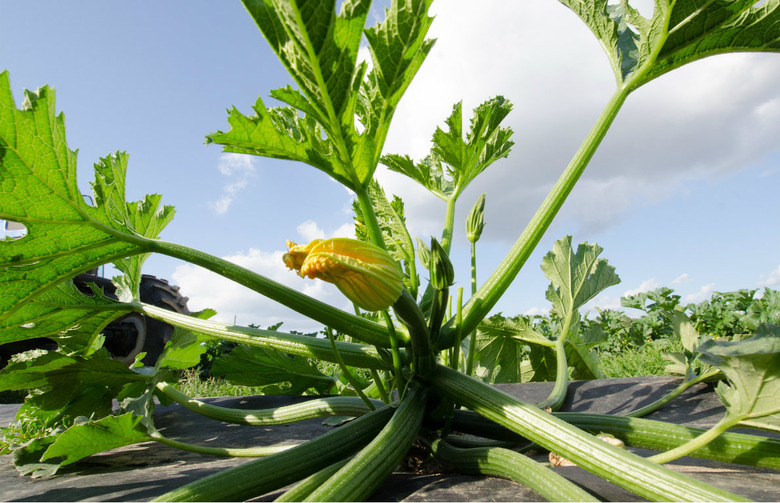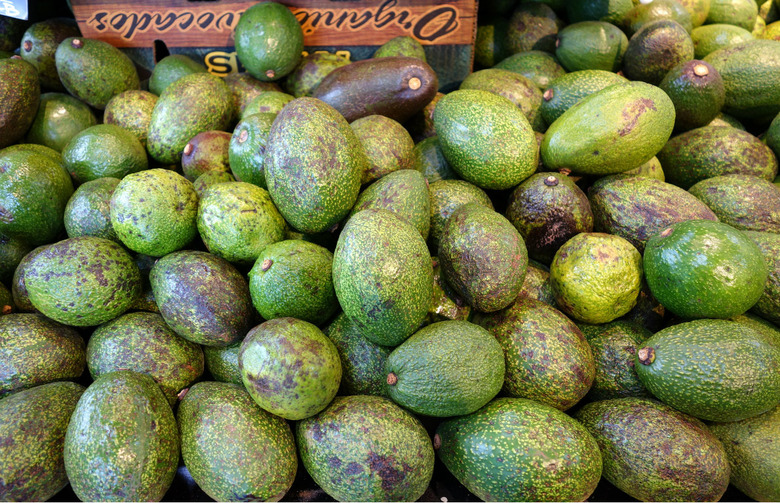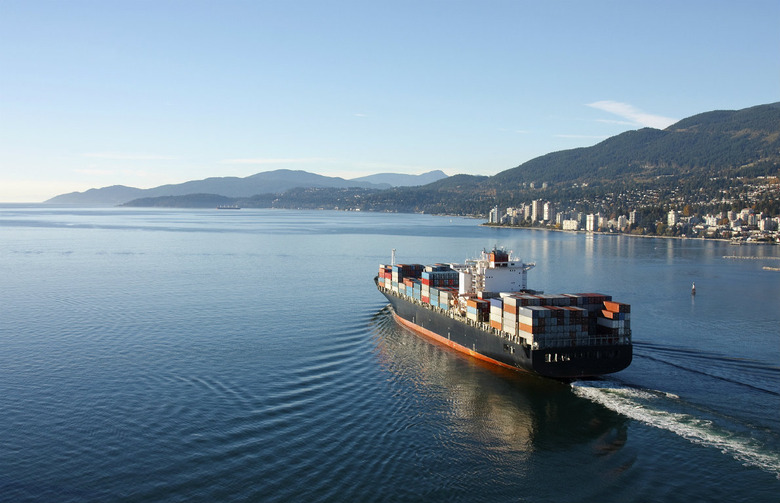7 Reasons Organic Food Is So Expensive (Slideshow)
There are several costs involved in gaining organic certification. Not only is there an annual fee, but some farms may have to hire additional employees to assist in daily record-keeping or make modifications to their land and equipment in order to comply.
Organic Fertilizer
Conventional farms use chemical fertilizers that are cheap to purchase and ship. By contrast, organic farmers fertilize with manure or compost — if they can't produce enough organic fertilizer on their own farm then they can purchase more, but these types of fertilizers are expensive and cost more to ship than their synthetic counterparts.
Weeding by Hand
Forgoing synthetic pesticides (which are highly effective when it comes to eliminating weeds) means more manual labor. Often organic crops are weeded by hand, which means more work and potentially more workers.
Natural Weed Control
Choosing to control weeds without chemicals also means that organic farmers must practice crop rotation and cover-cropping to maintain soil health and discourage the growth of weeds. Simply put, organic farmers rotate the crop they're growing on a particular plot of land (even if that means growing less profitable crops at certain points throughout the year) so that the soil will have the nutrients it needs to prevent weeds from growing. By contrast, non-organic farms can grow the most profitable crops year-round, which further reduces the costs of growing conventional produce.
No Growth Enhancers
Organic products also refrain from the use of growth enhancers and hormones. This means crops and animals can take longer to reach maturity. The extra time spent caring for these plants and animals, and the delay in profit from their sale, raises the cost of organic products further.
Uncertain Yields
Because organic farmers don't use chemicals, they lose more crops and animals to pests and disease than conventional farmers do. They also have to account for the shortened shelf-life of their chemical- and preservative-free products; some products go bad before they're sold.
Increased Shipping Cost
Most organic products are shipped in smaller batches and from farther-off places than non-organic products. This means the cost of getting these goods to market is much higher — a cost that is passed on to consumers.

